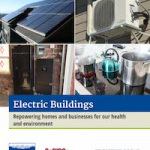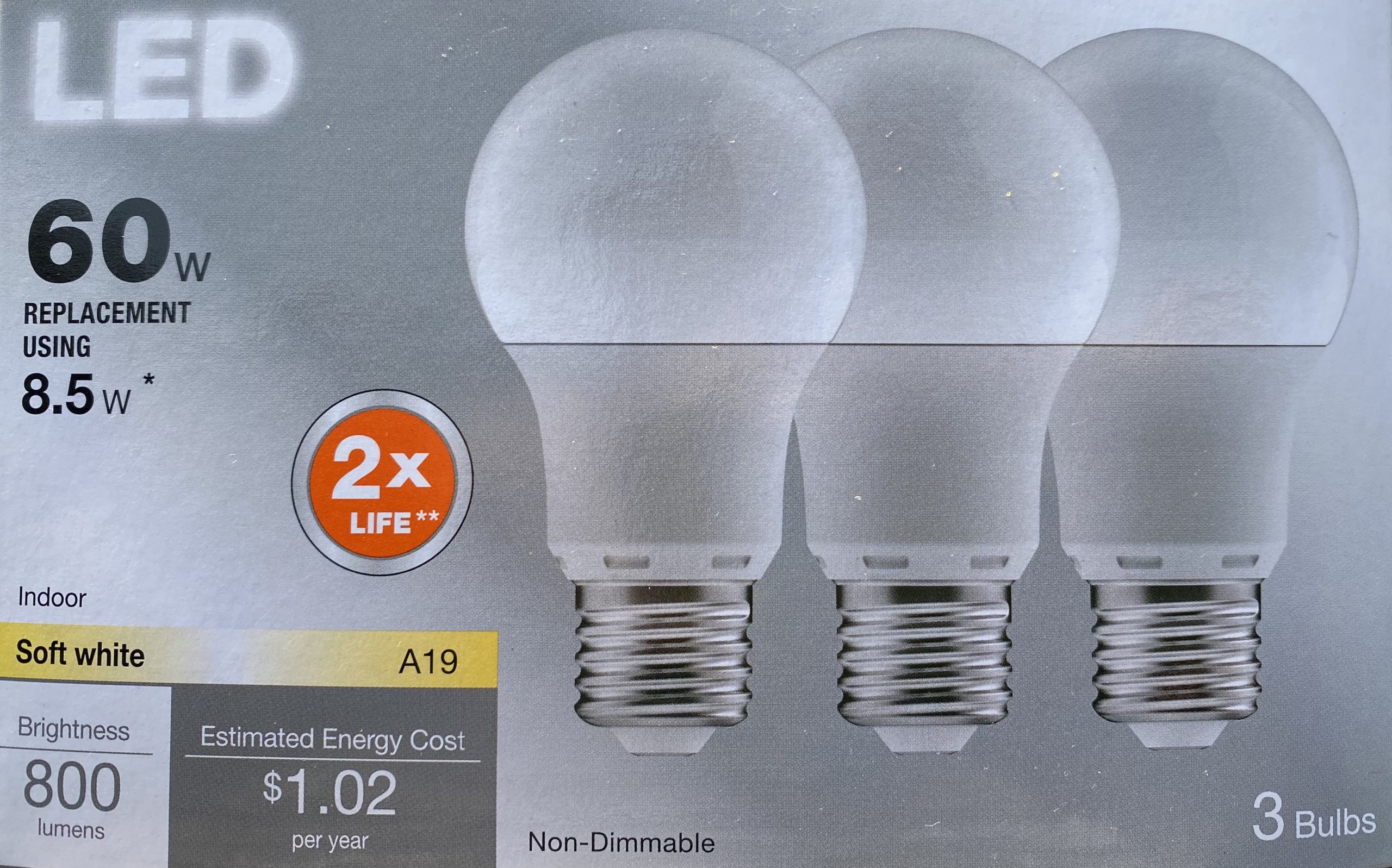
Electric Buildings
Repowering homes and businesses for our health and environment
To prevent air and water pollution and avoid the worst impacts of global warming, America must move toward meeting our energy needs with 100% renewable energy. Getting there will require that we get the most out of every bit of energy we use – and that we stop burning fossil fuels in our homes and commercial buildings.
Downloads
CoPIRG Foundation, Environment Colorado Research and Policy Center, Frontier Group

To prevent air and water pollution and avoid the worst impacts of global warming, America must move toward meeting our energy needs with 100% renewable energy. Getting there will require that we get the most out of every bit of energy we use – and that we stop burning fossil fuels in our homes and commercial buildings.
Wind and solar power are rapidly replacing dirty fossil fuels like coal as leading sources of our electricity. As our electricity grid becomes cleaner, replacing the direct burning of gas, heating oil and propane in our buildings with electricity will reduce pollution of our air, land and water from fossil fuel production and use.
New and improved technologies are putting clean, efficient electric space heating and water heating, and electric appliances like stoves within the reach of most American households. Analysis shows that electrifying the vast majority of America’s residences and commercial spaces by 2050 could reduce net greenhouse gas emissions from the residential and commercial sectors by about 306 million metric tons of carbon dioxide (CO2) in 2050. That is the equivalent of taking about 65 million of today’s cars off the road – almost three times the number of vehicles in Texas.
Common barriers, including knowledge gaps, high upfront costs and lack of governmental support, often make the decision to switch from fossil fuels to electricity challenging for many homeowners, tenants and businesses. Local, state and federal governments should adopt policies to help overcome those barriers and accelerate the transition of our homes and businesses away from fossil fuels and toward electric power.
Fossil fuel burning in homes and businesses contributes to global warming and puts our health and safety at risk.
- There are almost 140 million housing units in the United States, and 5.6 million commercial buildings. Three out of every four American homes use fossil fuels directly for space heating, water heating or appliances. Direct burning of fossil fuels accounts for more than half of all energy used in homes and at least 34% of all energy used in commercial buildings. These tens of millions of housing units and millions of commercial buildings will eventually need to be electrified.
- In 2018, fuel combustion in U.S. homes and businesses produced 590 million metric tons of CO2 equivalent, accounting for almost 9% of total U.S. greenhouse gas (GHG) emissions.
- Burning fossil fuels within our homes creates indoor and outdoor air pollution, which contributes to the development of respiratory diseases, heart disease and cancer. Air pollution has also been associated with increased risk of contracting and dying from infectious diseases including COVID-19. A 2020 literature review found that, even without considering other direct uses of fossil fuel in homes, “gas stoves may be exposing tens of millions of people to levels of air pollution in their homes that would be illegal outdoors under national air quality standards.”
- Extracting and transporting fossil fuels for home use also carries risk. In just the last 20 years, there have been more than 5,000 incidents involving gas leaks, facility emergencies or other events deemed significant by the operator. These incidents have killed hundreds of people and injured more than 1,000.
For more information and the full report, download it (click on download button above).
Topics
Find Out More


A Greener, Healthier Denver

Buying LED bulbs: What to look for

